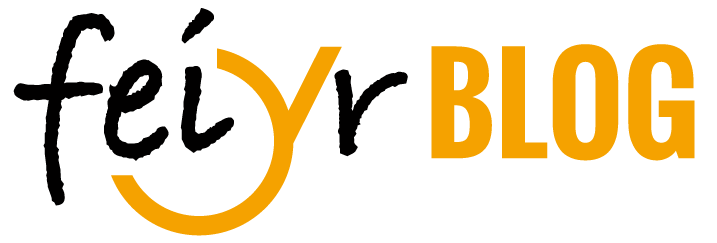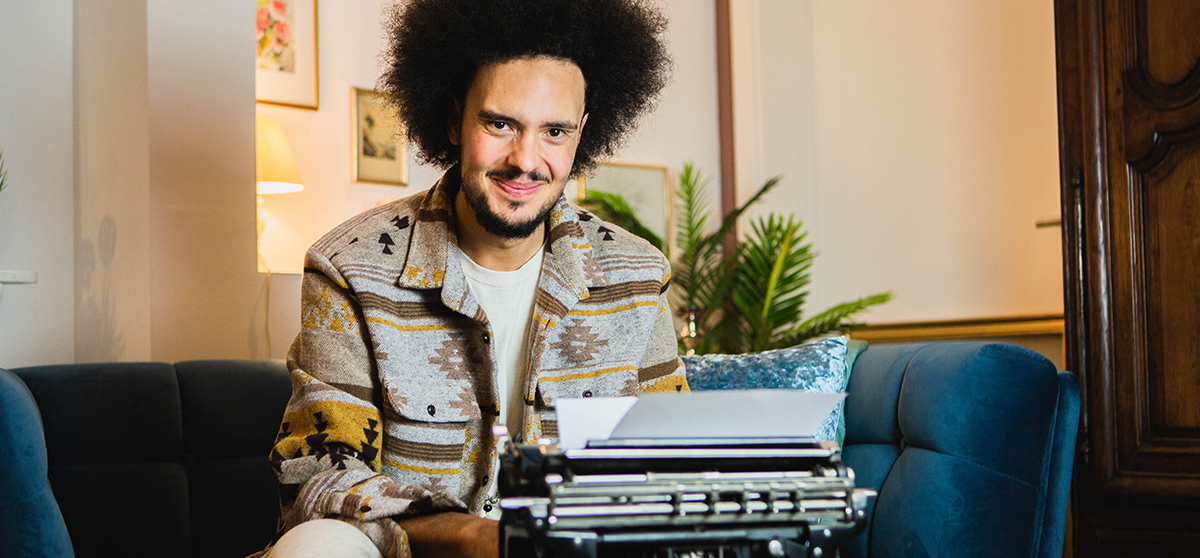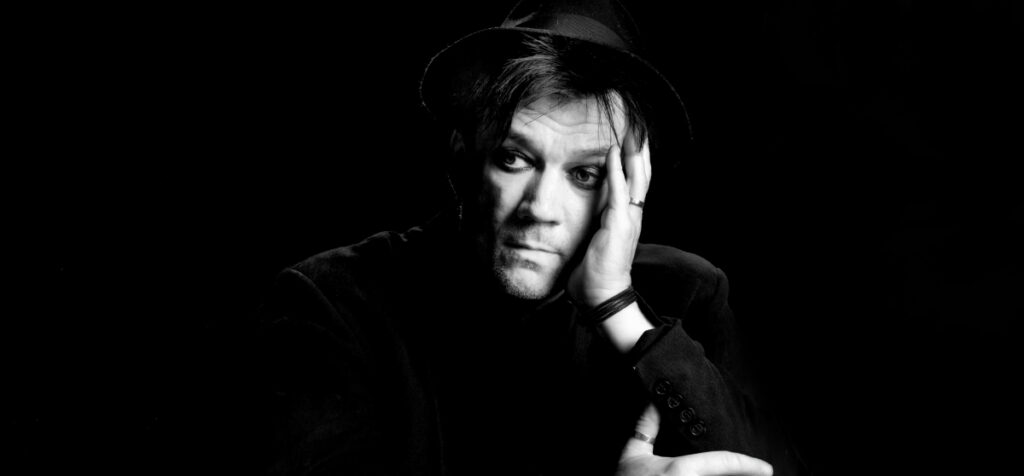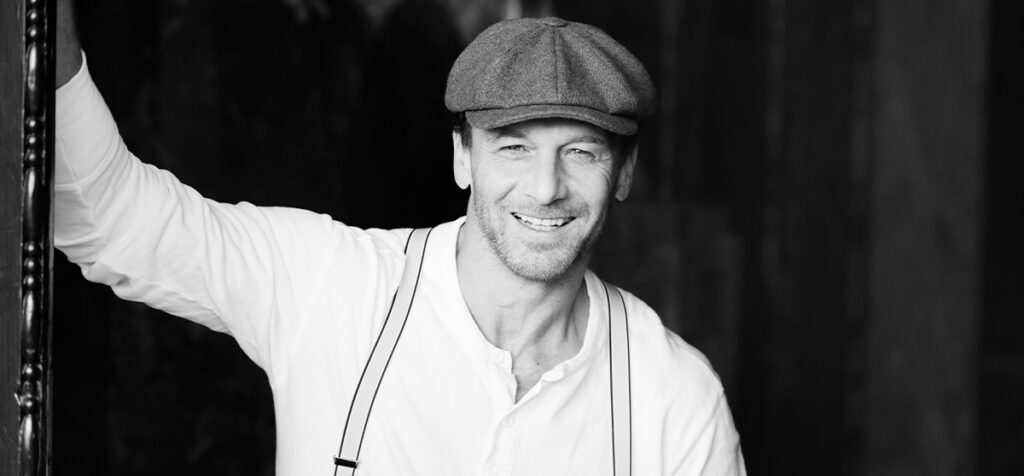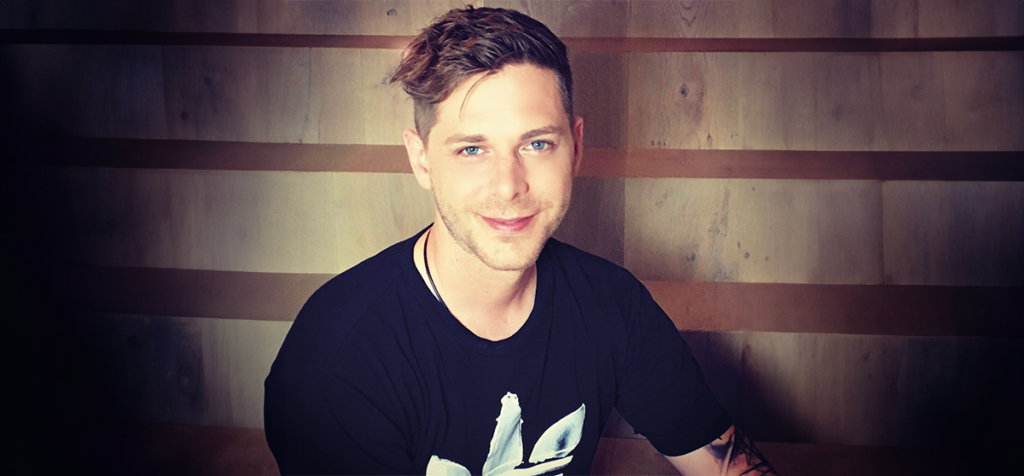In this blog post, author Manuel Kugler describes the background to his book “Berufung finden” and explains his views on the subject of professional reorientation and self-discovery.
1. What Inspired You to Write the Book “Berufung finden” and Why Is This Topic So Important?
I recently received an email from a reader in which she wrote to me that she has now found her calling at the age of 60. She also wrote that she works in telephone counselling and talks to
people seeking help every day about the challenges they face in life. The reader said that the thing that most tempts people to contact the counselling service is the lack of meaning in their lives.
I found this very touching and can confirm from my own experience what my reader and her callers feel. We live in a society where everything seems to be possible, but we are becoming increasingly unhappy. I feel it is more important today than ever before to feel a call within yourself to shape your life instead of being subjected to the programs that map out the standard life concept of “birth – school – training/studies – job – retirement – death”.
2. In Your Book, You Talk About the Search for Vocation Far Beyond Your Career. What Does That
Mean to You and How Can People Find Their Calling Outside of Their Career?
I would like to ask a question about this: Imagine you went to the doctor and were given the diagnosis that you had 6 months to live.
Would you continue to live your life exactly as before or would you do something completely
different with the time you have left?
Why don’t we allow ourselves to follow what really fulfills us from the heart?
Who says that you HAVE to do this for a living?
And who says that this is NOT possible?
Is there a possibility that career and vocation do not necessarily have to complement each
other, but ideally do, so that we can spend our lives doing what gives us real joy?
If we are at a party and are asked: “So, what do you do?”, most people answer something like:
“I’m a civil engineer”. We identify so much with our profession that we completely forget that
our job is (only) part of our life.
But not everything.
This is not to say that you should put your job to one side and only focus on the things outside your job instead. On the contrary: if you find a spark in yourself that is strong enough to make
real change possible, your heart’s calling and your career may come together. So it’s not about separating work and private life – something that is no longer possible today
anyway. Rather, it is about the fact that career is an important, perhaps a central issue in our lives, but that there is nothing more important in life than following one’s own calling.
I have found that the biggest paradoxes in life usually have an intersection. That’s how I experience it here too: What sounds like a contradiction is actually unifying.
Let’s look at life from a more holistic perspective again.
3. Could You Share Some Practical Steps or Strategies to Help People Discover Their Calling?
Everything that stands between us and our calling happens in the virtual worlds of our own (neurological) programming.
These are the beliefs and convictions that we have inherited from childhood. I like to speak here of an inner world of beliefs. And this inner world of beliefs – or world of
convictions – governs almost all of our life decisions. They decide what we are afraid of. What we trust ourselves to do and what we “prefer not to do”. It is therefore important to deal with our own beliefs, literally our programming. And this is precisely what we have never learned or have forgotten in the course of our lives: to look inwards.
Nobody knows exactly how to do this, and the path is individual for each person. So if you ask me for specific strategies and tips, the first thing I recommend is to be willing to look inwards. And to look at this world of conviction.
Secondly, this process requires peace and quiet and a break from everyday life with all its obligations. A lonely mountain hut sends its regards. And I can already hear the arguments as to why it is not possible to take time out.
But ask yourself why you can’t seem to take time out. We often think we are irreplaceable at work. However, the laws of business dictate that even the CEO of a company is replaceable. In
addition to your salary, does your job invest the same amount of energy IN YOU as vice versa? And if you cite family commitments – who “benefits” your family more? An exhausted version of
you who is completely exhausted or a version who is fresh and clear and knows what it wants? That’s why the first point is irreplaceable: The willingness of self-knowledge and to do something
about it. Even if it takes you out of your much-cited comfort zone.
In the book, I have described a detailed, 12-step process based on the experience of hundreds of client sessions. This process works (miracles) and serves as a kind of guide for the individual
path. It is by no means dogmatic, nor is it restrictive. On the contrary: it is a declaration of freedom for oneself and yet provides suggestions on how to take the steps.
4. What Obstacles and Fears Do You Often See When People Try to Find Their Calling and How Can
They Overcome Them?
It is usually externally controlled programs (beliefs and convictions) that cause FEAR. Fear of changing something in your life. Fear of standing out from the crowd. Yes, even fear of your own
greatness. It all depends on the inner beliefs I mentioned above. Although each person is individual, I always find that there is one fear that stops people from
really going in search of their own calling.
It is a core fear or belief. Five letters are enough to explain it: M O N E Y.
“If it weren’t for the money, I’d be free.”
“If I didn’t have to pay off the loan for the house, then I could…”
“This Kugler makes things easy for himself. He doesn’t have to pay off the maintenance/the
house/the car etc.”
Right, he doesn’t, the Kugler. And for good reason…
In any case, I’ve realized that we need a lot less material things to live than we think. And that doesn’t mean that I have to live without. On the contrary: true abundance (including material
abundance!) is revealed when we acknowledge ourselves. We declare ourselves sovereign and no longer work as bees in the hive-system.
Harsh words? Perhaps. If they “trigger” you, you know you should start thinking about them.
When we shed the absurd notion (that’s all it is) that we can only make a living with a steady job, we take the first step towards self-empowerment.
To begin with, it is enough to ask yourself questions like these: How can money flow to me in other ways? What would I do with my life if I were financially secure? How would I feel if I no
longer had to work for money?
Let these questions sink in. They may trigger further questions and insights. In the book, I explicitly take a stand on the “tiresome topic of money” and it turns out that the topic doesn’t
have to be so tiresome.
5. How Can People Recognize Whether They Are Already on the Right Path to Living Their Calling Or
Whether They Still Need to Search for It?
I think you can feel it very clearly in your heart. Everything that gives you deep joy is close to your calling. We have learned that life has to be hard. That it shouldn’t be easy, that I have to make an
effort to achieve my goals.
What if the opposite were true? What if lightness is a compass that always works and guides me like a laser beam to my calling? A reader recently wrote a review in which she picked up on exactly this. She wrote: “How can I (i.e. the author) be so flippant in saying that you should follow your joy? That wouldn’t work and
is completely out of touch with reality.” Is it? Out of touch with reality?
And if so, is it a reality that is good for you? This reality in which you are not allowed to follow the joy of your heart in order to experience yourself fully? Doing what gives you the deepest joy – AND (hold on tight!) earning a living from it?
Reality only knows the limits that we set for ourselves. What if we pushed these boundaries (just for a moment)? What if we allow joy to be our compass and possibly lead us exactly where we
want to go deep down in our hearts? What if, on top of that, a lightness about money also moved in and we really no longer had to worry about making a living?
“Completely absurd!” cries the mind. “Try it!” whispers the heart.
6. Are There Any Particular Stories or Experiences of People You Have Shared in Your Book That Are
Particularly Inspiring or Instructive?
In the last part of the book, this was particularly important to me: to share stories of people who follow their heart and make a living from it.
I wanted the readers of the book to be able to learn from “ordinary” people, independent of my words, that it is possible to follow your heart. These are wonderful stories of very different characters – singles, families, entrepreneurs – who all have one thing in common: the desire for honest and practicable freedom. It can be very enriching to study these stories.
7. How Can People Who Are Already Stuck in a Career or Life Situation Apply the Principles in Your
Book to Bring about Change?
By reading the book, letting it work and putting it into practice :-).
The whole book is written for exactly such people. I was stuck in a situation myself, earning huge amounts of corporate money and yet so unhappy inside that it was closer to death than to being alive.
In this respect, the book contains everything you need to open up:
Theory that inspires, concrete steps (12-step plan), experiential journeys beyond the mind and experiences of people who took the plunge.
But I have to make one thing clear: this book is not for someone who is “just” looking for a career guide. For me, vocation is more than a career: it is an attempt at a free, self-determined and
fulfilling life concept. So you should only read the book if you are really ready to change your life profoundly for the better.
8. What Long-Term Impact Do You Hope Your Book Will Have On Readers Who Are Looking For Their
Calling and Want to Reorient Themselves?
That’s a very good question and gives me the opportunity to really speak from the heart once again. My hope for readers of the book is that it will help them find the next important aspect of their
journey to find themselves. For freedom, self-determination and a wonderful collective togetherness that is characterized by respect, appreciation and mutual help.
Would you like to discover more author interviews?
Follow these links:
